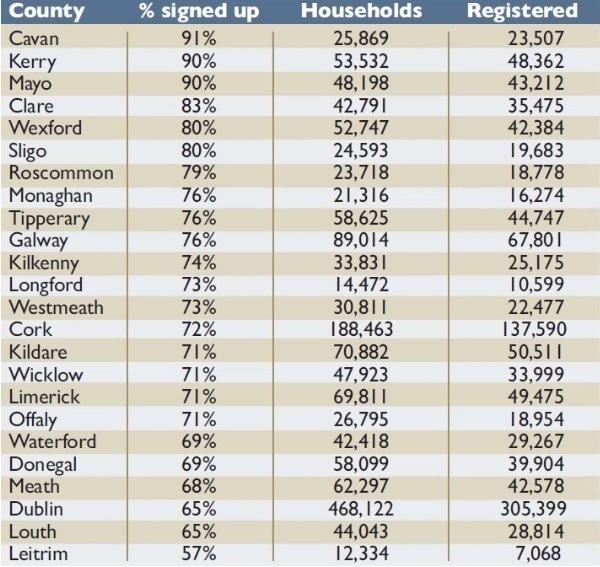Local TD Gerry Adams has expressed deep concern at the latest crime figures in the wake of two brutal attacks in Louth.
According to the latest CSO recorded crime figures published, the number of assaults, thefts and burglaries has risen over the past year.
The Sinn Féin president said: “In light of the recent shocking killing of Martin Mulligan near Dundalk and the brutal stabbing of a pharmacy employee in Drogheda, the latest crime figures are very worrying. CSO figures show an increase of assaults of 10.4%, burglaries rising by 8.4%, and theft rising by 1.8%.
“There has been a continuous cutting back of vital resources that the Gardaí require to do their job. I recently called on the Minister for Justice to increase Garda numbers which have fallen over the last five years.
“Recent parliamentary questions to the Minister show that a town as large as Drogheda has only five community Gardaí. There is a direct correlation between these figures and the closure of rural Garda stations and lack of investment in Garda resources.
“Communities right across the country are paying the price for Government policy. The Government must increase investment in Garda personnel and resources to deal with the erosion of public confidence in the Garda’s ability to tackle serious crime.”





